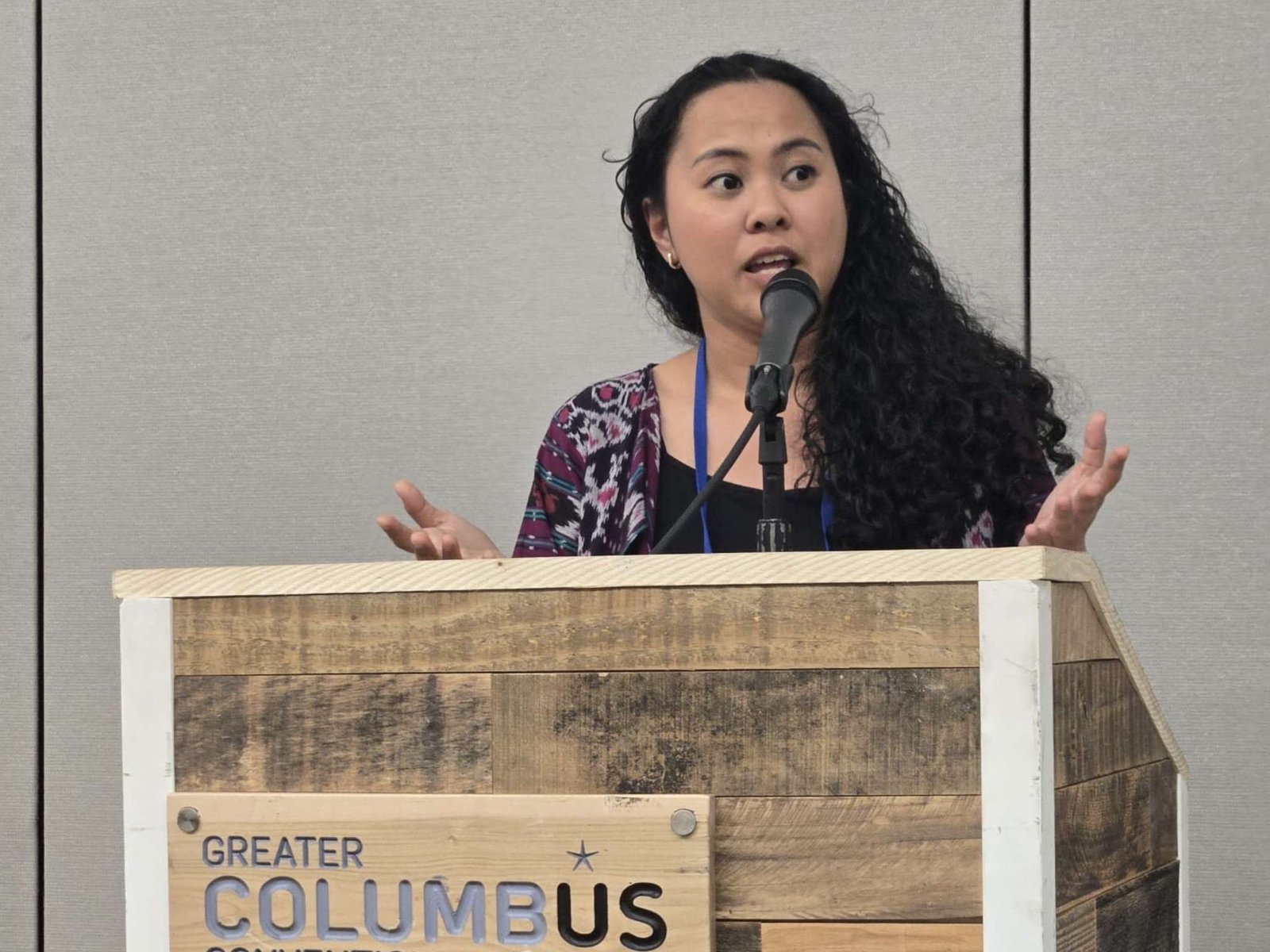#

#
By WARC
March 22, 2025
Association for Asian Studies (AAS) Annual Conference 2025 in Columbus (Ohio), USA.
A researcher from Warmadewa Research Centre, Made Yaya Sawitri, participated in the Association for Asian Studies (AAS) Annual Conference 2025 in Columbus, Ohio, USA. The (AAS) Annual Conference is one of the largest gatherings of global academics focusing on various issues related to the Asian region.
Made Yaya Sawitri was part of an organized panel themed “From Policy to Lived Realities: Navigating Environment and Development Policy Translations in Southeast Asia.” This panel explored the translation of global and state-led environment and development policies and programs into the lived realities of local and Indigenous communities across Southeast Asia.
“We view "translation" as a continuous process of adapting formal features from one context to another, encompassing both discursive and material elements, as well as historical and spatial dimensions.”
The panel discussed how top-down ideas or programs often manifest as forms of structural violence, ignorance, racism, or capitalist changes, thereby limiting and shaping the lives and actions of Indigenous and local people. Environmental and development policies and programs, ostensibly designed to promote sustainable development and mitigate climate change, frequently overlook the unique needs, self-determination, and knowledge systems of Indigenous communities. This oversight not only marginalizes these groups but also perpetuates historical injustices rooted in colonial legacies.
Also joining the panel were Sara Loh from the University of Hawaii at Manoa and Yi Yu Lai from the University of the Philippines Baguio, along with two discussants, JoAnn Wang and David Fathome from Pitzer College, California.
Made Yaya Sawitri presented a topic related to Translating International Expectations into Local Realities: Discussion of REDD+ Social Safeguards in Indonesia. This presentation focused on how social safeguard frameworks, as part of the REDD+ architecture, are interpreted and implemented in Indonesia. In addition to the organized panel, this conference also served as a gathering for study groups under AAS, including the Indonesia and Timor Leste Studies Committee, as well as related organizations such as the American Institute for Indonesian Studies (AIFIS).
